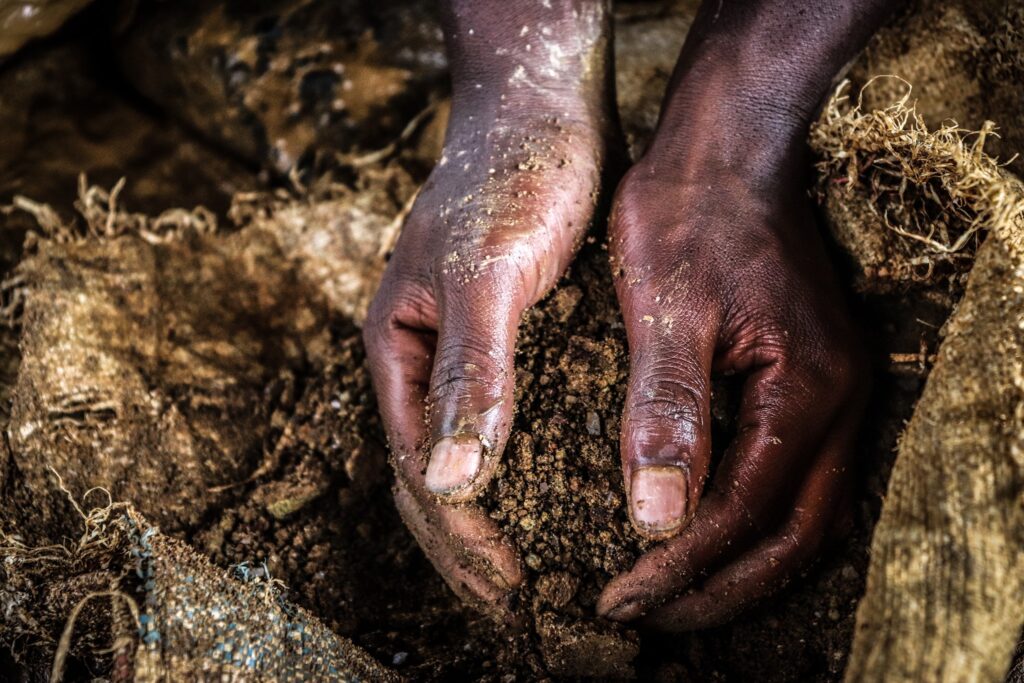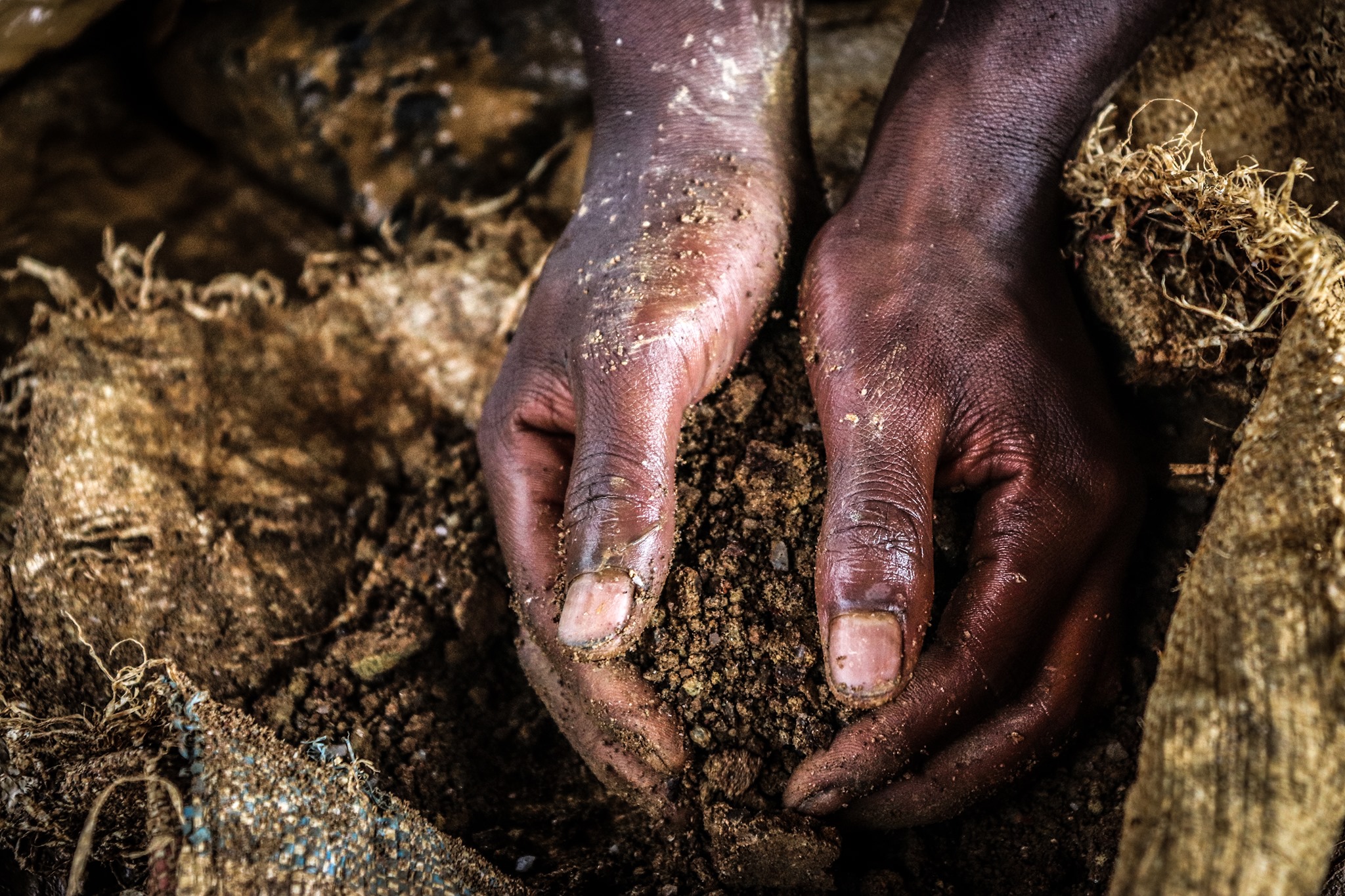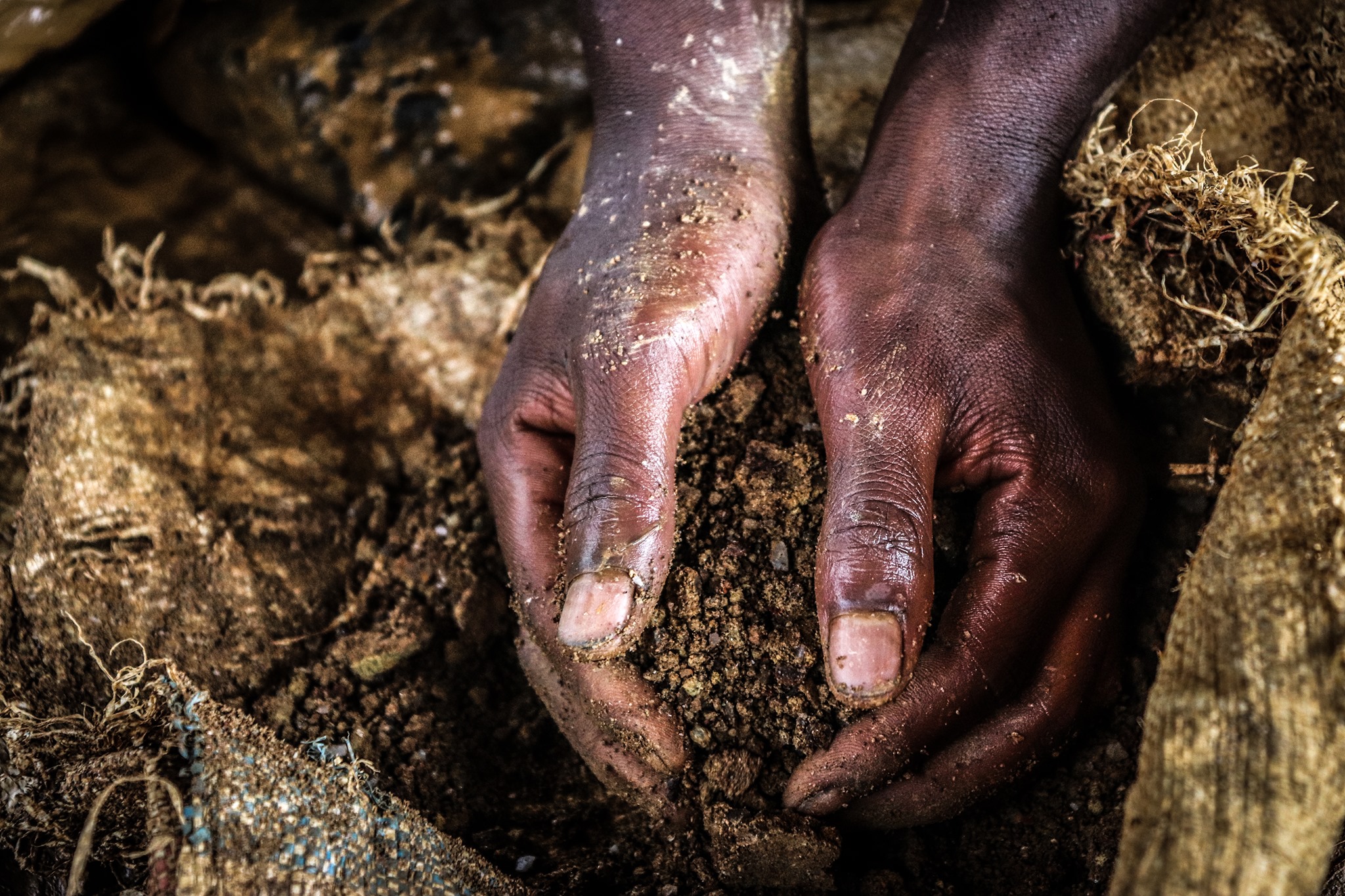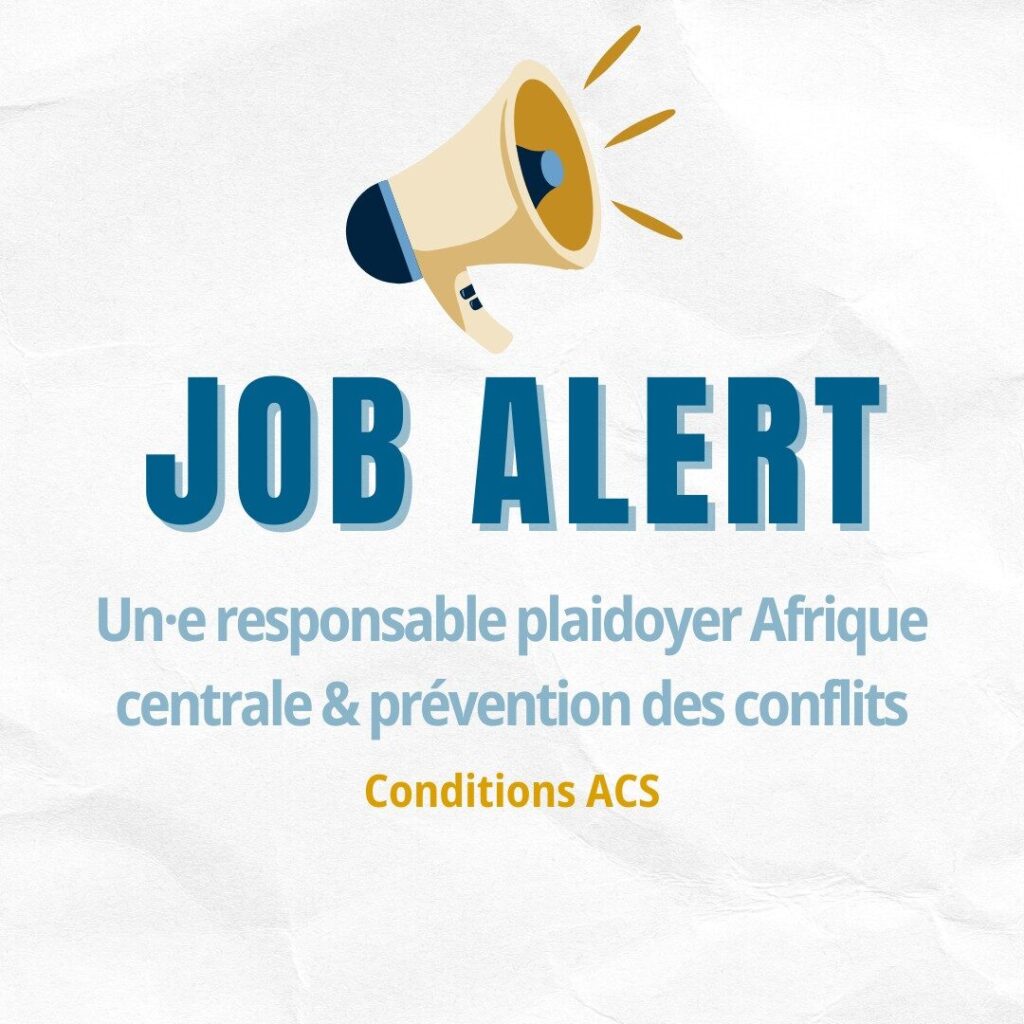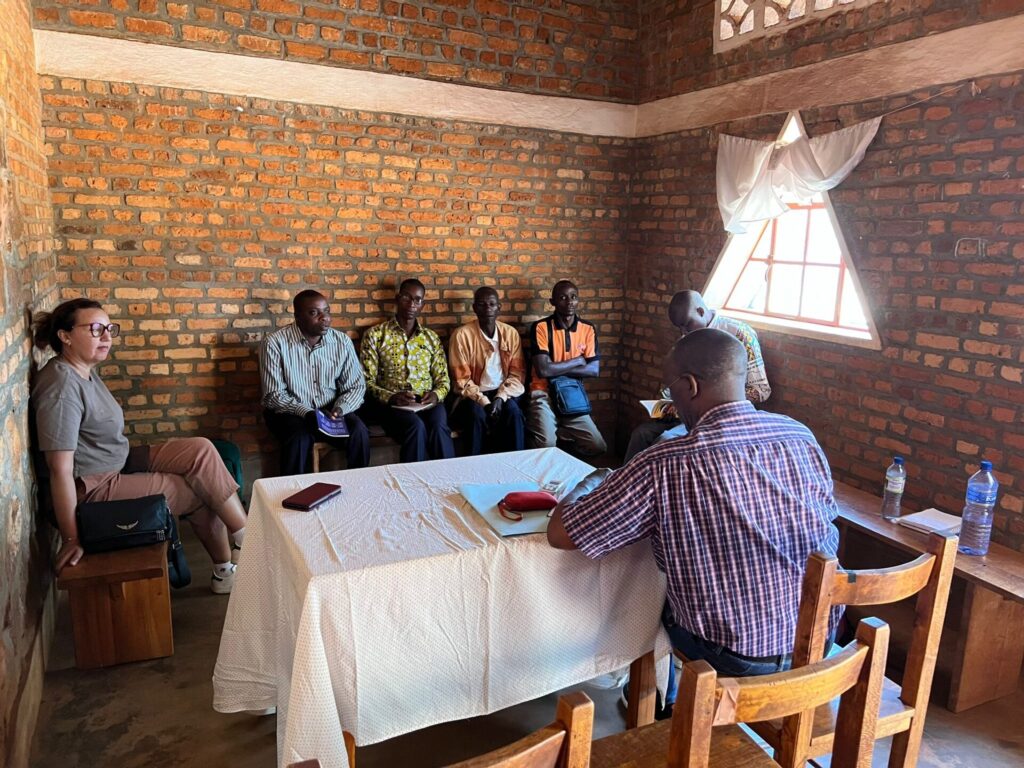
The Belgian Natural Resources Network (RBRN-BNNR) offers you 1 day of training on the issues of natural resources, the consequences of their exploitation and the alternatives to build.
Our human societies consume natural resources at a breakneck pace, which far exceeds the planet's capacity to renew itself. The unequal and unreasonable exploitation of these resources causes numerous impacts across the world and can fuel violent conflicts. Natural resources are an interesting reading framework for addressing many issues: economic, geopolitical, ecological and human. After the observation, building alternatives to our modes of production and consumption seems essential.
This is what we invite you to discover through the three modules of this training.
Natural resources are the engine of our human societies. Their consumption has increased considerably in recent decades and so have the consequences of their exploitation. Their consumption is, however, very unequal between different parts of the world. What responsibilities? What future supply strategies for the great powers? And how can we maintain such a level of consumption of limited resources such as minerals or fossil fuels over time? During this module, the focus will be on mining resources.
For 10 years, the war in the east of the Democratic Republic of Congo has been analyzed as a conflict for control of natural resources. On the other hand, mineral exploitation employs hundreds of thousands of artisanal miners. In this module, we will offer a field analysis based on 10 years of research on 2000 mines, and a broader reflection on the presence of minerals from conflict zones in our technological devices.
Faced with the (over)consumption of natural resources (energy, minerals, etc.) that we are witnessing, a series of solutions, most often of a technical nature, are being put forward to reduce our ecological footprint, like the energy transition. or the circular economy. This module aims to better understand these possible solutions to seize the opportunities, but also the limits and try to think about other possibilities for action.
– Date: Saturday October 3, 2020 from 9 a.m. to 4:30 p.m.
– Location: 11.11.11, Rue de la Linière 11, 1060 Saint-Gilles
– Price: 5 euros
– Public: All public (citizens, teachers, facilitators, etc.)
The training is given at the same time, and in the same place, in Dutch.
The modules will be hosted by 11.11.11, IPIS and Raf Custers (independent journalist).
! Attention ! Covid measures impose certain restrictions. Catering cannot be organized, so everyone will have to bring their own picnic. Furthermore, the mask is obligatory throughout the duration of the training, and the distance of 1.5m must be respected at all times between each participant.
In addition, if the covid situation deteriorates, we will move the face-to-face training to virtual training.
